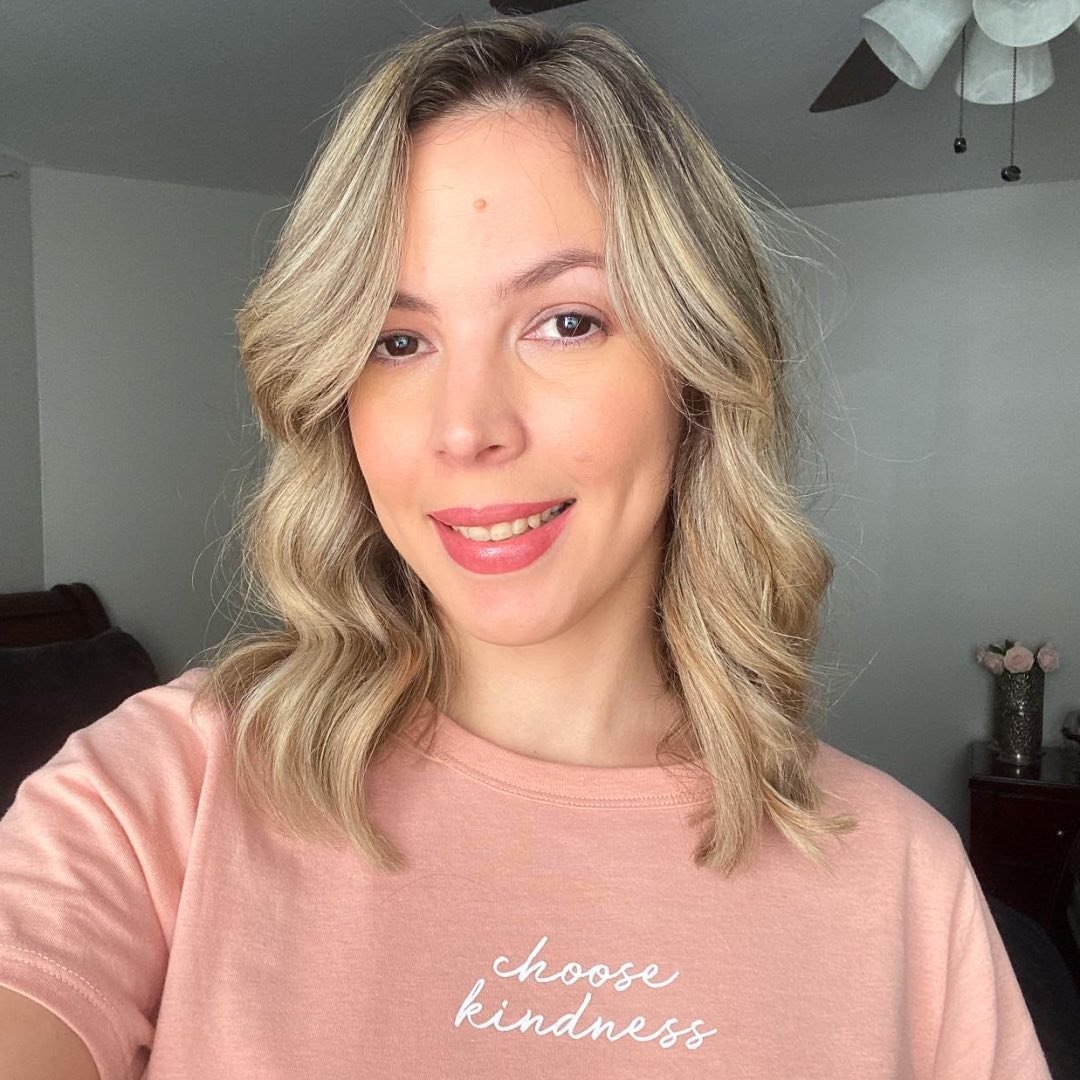Journalism can be a dangerous profession. Committee to Protect Journalists (CPJ) data shows that 1,400 journalists were killed around the world in the last 30 years. In addition, 1864 professionals were imprisoned and 69 missing. And most of that happened just because they were doing their jobs. What makes it even worse is that data collected in 2021 by UNESCO reveals that the impunity rate in the killings of journalists is 87%.
 |
| Credit: Pixabay |
A survey conducted by the Radio and Television Digital News Association (RTDNA) found that in 2020 one in five television news directors “reported attacks on employees and 86% of news directors purchased bulletproof vests and gas masks and sent security teams with reporters more often.” While more than half of the attacks occurred during coverage of protests, riots, or rallies, 15% happened randomly while teams were on the field.
Professor Marty Steffens, a professor at the Missouri School of Journalism, highlighted in an interview with CPJ how Donald Trump played an important role in the shift in police behavior toward journalists. “By fomenting the idea that the press is the enemy of the people…you really put journalists in the bullseye. Because the president pushes back against journalists and doesn’t respect them, local officials are empowered to do the same thing.”
Those numbers do not mention the other forms of violence and intimidation, such as threats, retaliation, and persecution online, including harassment, abuse, and hate speech. In The Washington Post article “Being a journalist in the U.S. is becoming more dangerous”, Jason Rezaian says that “many journalists have endured years of online harassment and abuse in silence. The industry has become desensitized to these attacks, accepting them as an occupational hazard.”
What is being done
When we look for who is monitoring threats to journalists, we can find some organizations that are collecting data, such as CPJ and the Press Freedom Track, a database of press freedom incidents in the U.S. It documents cases of arrests of journalists, seizure of their equipment, assaults, and interrogations at national, state, and local levels. However, is not easy to find what is being effectively done to stop the attacks and protect media professionals.
In 2013, the UN published a plan of action on the safety of journalists and the issue of impunity. It provides a framework for cooperation between UN bodies, national authorities, media actors, and NGOs to create a free and safe environment for journalists and media workers, both in conflict and non-conflict situations.
More recently, in July 2021, Senator Ron Wyden introduced the Protect Reporters from Excessive State Suppression (PRESS) Act. The proposal establishes rules for how and when the government can use a compulsory process to obtain information about journalists working within the scope of news gathering, which includes data held by third parties like phone and internet companies. It was read and referred to the Committee on the Judiciary but, according to the Congress website, nothing has been done since then.
Speaking of online issues, a coalition of groups including CPJ and the International Press Institute created an Online Violence Response Hub to help journalists that deal with digital hate and violence. It offers safety consultations and other resources.
And CPJ along with the Free Press Unlimited and Reporters Without Borders have launched a People’s Tribunal on the Murder of Journalists to investigate attacks around the world. It consists of five hearings, taking place from November 2, 2021, to May 3, 2022.
In conclusion, any efforts to raise awareness about the safety of journalists are essential. As Sissel McCarthy says in her article “What is being done to protect journalists?” on News Literacy Matters, “an attack against a journalist is an attack on you and your access to fact-based information. When journalists can’t do their job, people in power are not accountable for their actions. That can lead to an environment ripe for corruption, censorship, and even war.”
*This article was submitted as a memo assignment for the course "Current Issues of Journalism" at the University of Illinois.
About Manu Ferreira
Hi, my name is Manu Ferreira. I am multimedia producer. I hold a bachelor's degree in Social Communication - Radio, TV, and Internet, and a Master's degree in Journalism. Here, I want to share my ideas and some of the work I've done in my career.











0 Comments:
Post a Comment